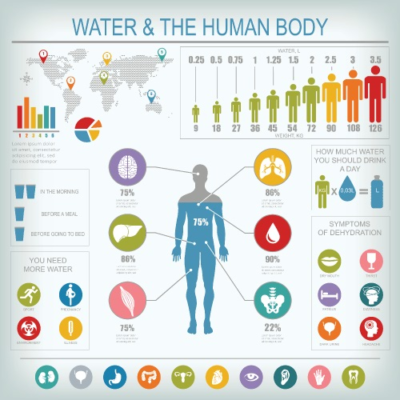WHAT ARE THE SYMPTOMS OF XEROSTOMIA?
If you are suffering from some or all of the following symptoms, then you may be suffering from dry mouth and you must visit your dentist or physician immediately.
- A persistent feeling of dryness in the mouth
- Food tends to stick to the cheeks, lips or the gums
- Frequent development of sores or ulcers inside the mouth
- The tongue appears red and swollen
- Alteration in taste
- Difficulty in pronouncing words clearly
- Frequent development of teeth cavities
- Sore throat
- Hoarseness of voice
 WHAT CAUSES DRY MOUTH?
WHAT CAUSES DRY MOUTH?
Xerostomia can arise due to a variety of factors:
- Dehydration – this is one of the most common transient causes of xerostomia, and it goes away as soon as you get optimally rehydrated.
- As a Side Effect of Certain Diseases or Infections – dry mouth can occur due to various medical conditions. Such as HIV AIDS, Sjogren’s Syndrome, Diabetes, Anemia, Cystic Fibrosis, hypertension, and rheumatoid arthritis. In some cases, the feeling is only temporary and goes away as soon as the condition is treated. However, in other cases, it tends to persist for a longer time.
- Due to Certain Medications – dry mouth can also commonly arise as a side effect to various prescription or non-prescription medications. These include medications used for the treatment of anxiety, depression, chronic pain, epilepsy, obesity, acne, hypertension, and Parkinson’s disease.
- Trauma – in some cases, direct trauma or physical injury to the salivary glands can also result in decreased formation of saliva, leading to dry mouth. Alternatively, damage to the nerves innervating the salivary glands can also cause xerostomia.
- Salivary Stones – physical blockade of the salivary gland ducts, which transport the saliva from the glands to the oral cavity, due to salivary stones can also result in decreased salivary flow. This situation can also cause a dry mouth sensation.
- As a Result of Medical Procedures – in some cases, salivary glands can also get damaged as a result of exposure or radiation energy, or due to intake of chemotherapeutic agents which are used for the treatment of oral and maxillofacial tumors.
- Lifestyle Habits – smoking, tobacco, and alcohol are associated with direct damage to the salivary glands, leading to xerostomia.
IS THIS CONDITION BAD FOR YOUR ORAL HEALTH?
Yes, besides causing symptoms mentioned above, dry mouth can also have an adverse effect on your oral health. Some of these issues include:
- Cavities – When there is decreased flow or production of saliva it is unable to bathe and clean the teeth properly. As a result, there is a higher chance of development of teeth cavities.
- Gum Problems – dry mouth also increases the chances of development of gum and periodontal problems.
- Ulceration – the decreased salivary flow increases the chances of formation of oral ulcers as a result of injury to the oral soft tissues.
- Problems with Dentures – removable dentures rely on the saliva, as well as oral soft tissues and underlying jawbone for their retention. Patients who suffer from the dry mouth often have difficulties with retention and stability of their removable dentures.
HOW IS DRY MOUTH TREATED?
Treatment of xerostomia usually involves the elimination of the underlying issue. If you feel that you have a persistent sensation of a dry mouth, then you must visit your dentist or healthcare provider immediately. The following measures can also be helpful in reducing the severity of the symptoms:
- Oral Hygiene Maintenance – this will help in reducing the risk of development of teeth cavities and gum problems.
- Optimal Hydration – keeping yourself hydrated is helpful in reducing the dryness of the mouth.
- Sugar-Free Chewing Gums – when you chew a gum, it massages your salivary glands increases the salivary production and flow, thereby reducing the symptoms associated with dry mouth.
Xerostomia is a condition which can cause significant damage to your oral health and physical well being. Fortunately, modern medicine and dentistry offer many treatment options that can overcome this problem. So, if you are suffering from dry mouth, don’t waste any more time and seek expert help as soon as possible.



